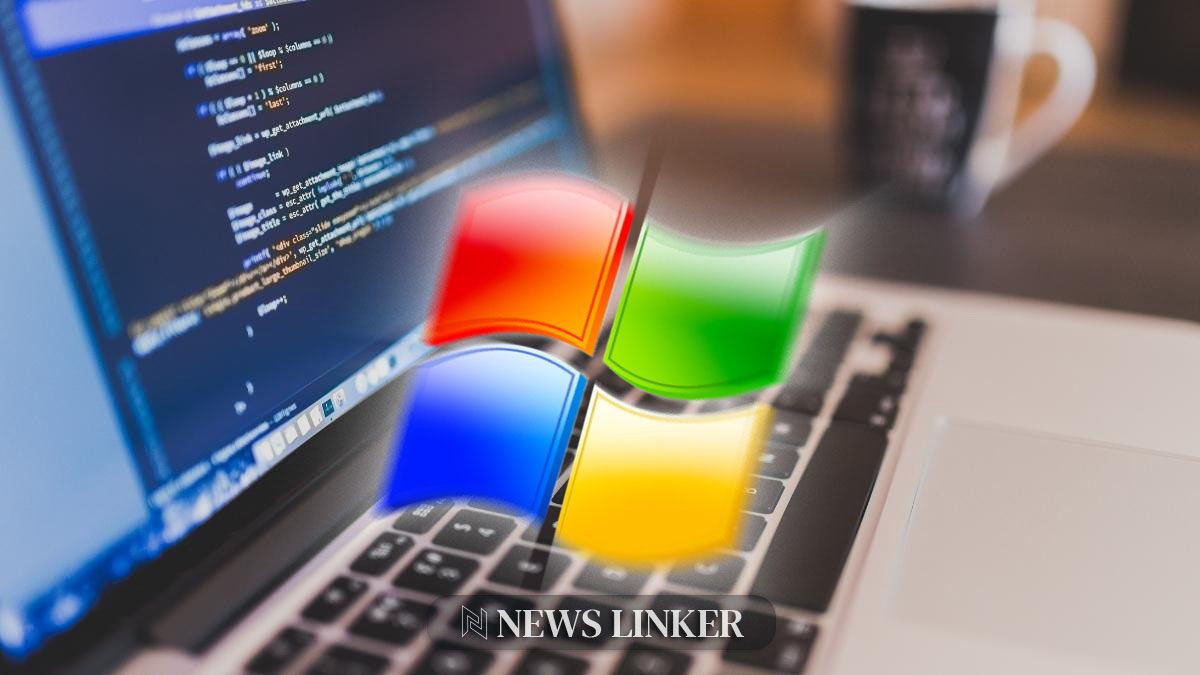Microsoft has announced plans to gradually phase out VBScript, a scripting language that has been used since 1996 for automating tasks on Windows systems. As part of efforts to modernize and enhance user experience, the company will replace VBScript with more advanced scripting options like JavaScript and PowerShell. This decision reflects Microsoft’s commitment to providing secure, efficient, and up-to-date technologies for its users. The transition will occur in three phases, with VBScript becoming an optional feature before being completely removed from future Windows OS releases.
VBScript has long been a staple for Windows-based automation and application control. Nevertheless, the increasing sophistication of alternative scripting languages has rendered VBScript less relevant. Historically, VBScript has also been exploited by cybercriminals for distributing malware, such as Lokibot and Emotet. By retiring VBScript, Microsoft aims to enhance system security and push users toward more secure and efficient scripting languages. This deprecation aligns with the broader industry trend of moving away from outdated technologies to bolster cybersecurity.
Three-Phase Deprecation Plan
The process of phasing out VBScript will be conducted in three distinct phases. In the first phase, set to coincide with the release of a new operating system later this year, VBScript will be available only as a Feature on Demand (FOD). This means it won’t be pre-installed but can be added if necessary. The second phase will see a gradual reduction in availability, and in the final phase, VBScript will be completely removed from future Windows OS releases. Users are encouraged to transition to alternative scripting languages during this period.
Implications for Existing Projects
Projects that currently rely on VBScript will need to adapt to new programming languages as VBScript is retired. Microsoft suggests transitioning to PowerShell or JavaScript, which offer enhanced capabilities and improved performance. These modern alternatives are better suited for task automation and system management, aligning with technological advancements in recent years. The change aims to ensure that users can take full advantage of the latest features and security enhancements.
Security and Modernization
One of the primary reasons behind the deprecation of VBScript is to enhance system security. VBScript has been notoriously used by malicious actors to distribute malware, exploiting its vulnerabilities. By moving away from VBScript, Microsoft seeks to mitigate these security risks and promote the use of more secure scripting solutions. This move is part of Microsoft’s broader strategy to modernize its technology stack and eliminate legacy components that may pose security threats.
Key Takeaways
Here are some actionable insights for users affected by the deprecation of VBScript:
- Start transitioning existing VBScript-based projects to PowerShell or JavaScript.
- Familiarize yourself with the new scripting options and their enhanced capabilities.
- Keep an eye on updates from Microsoft regarding the deprecation timeline to ensure timely adaptation.
The decision to phase out VBScript marks a significant step in Microsoft’s ongoing efforts to modernize its software offerings. By transitioning to more advanced and secure scripting languages, Microsoft aims to enhance user experience and improve system security. Users should take proactive steps to transition their existing projects to PowerShell or JavaScript to leverage these benefits. This strategic shift not only addresses the need for more efficient technologies but also aligns with the industry’s move towards better cybersecurity practices. As the deprecation process unfolds, staying informed and adapting promptly will be crucial for a smooth transition.










